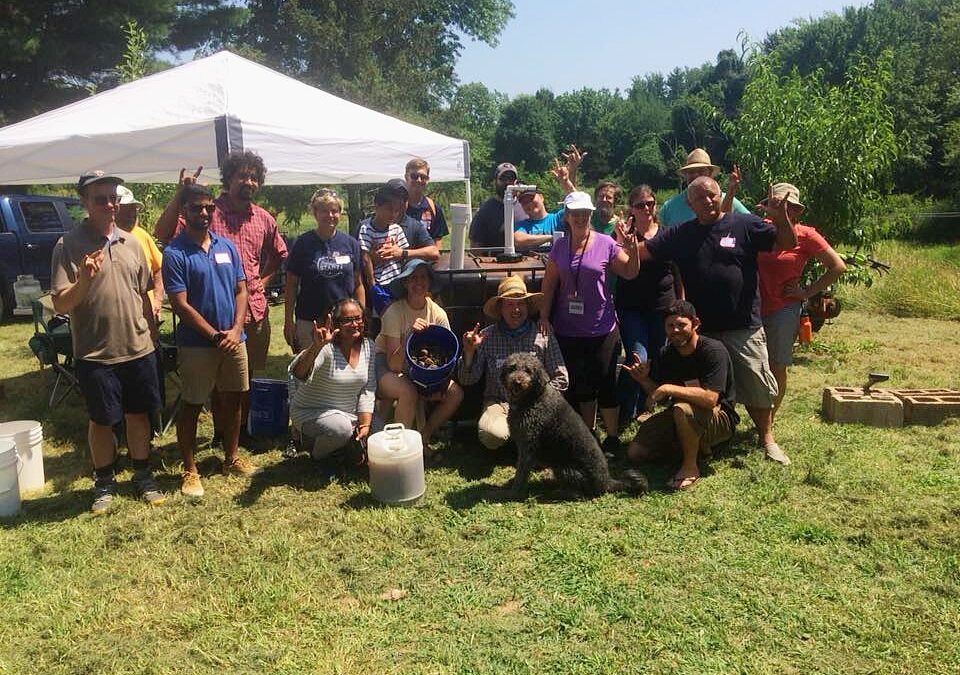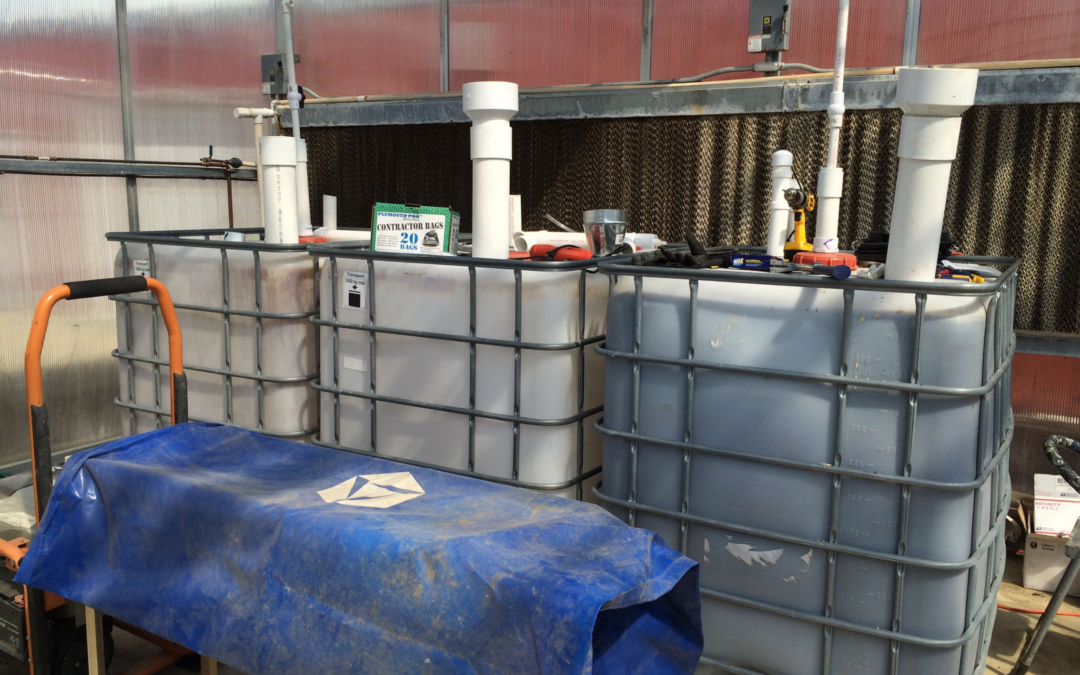

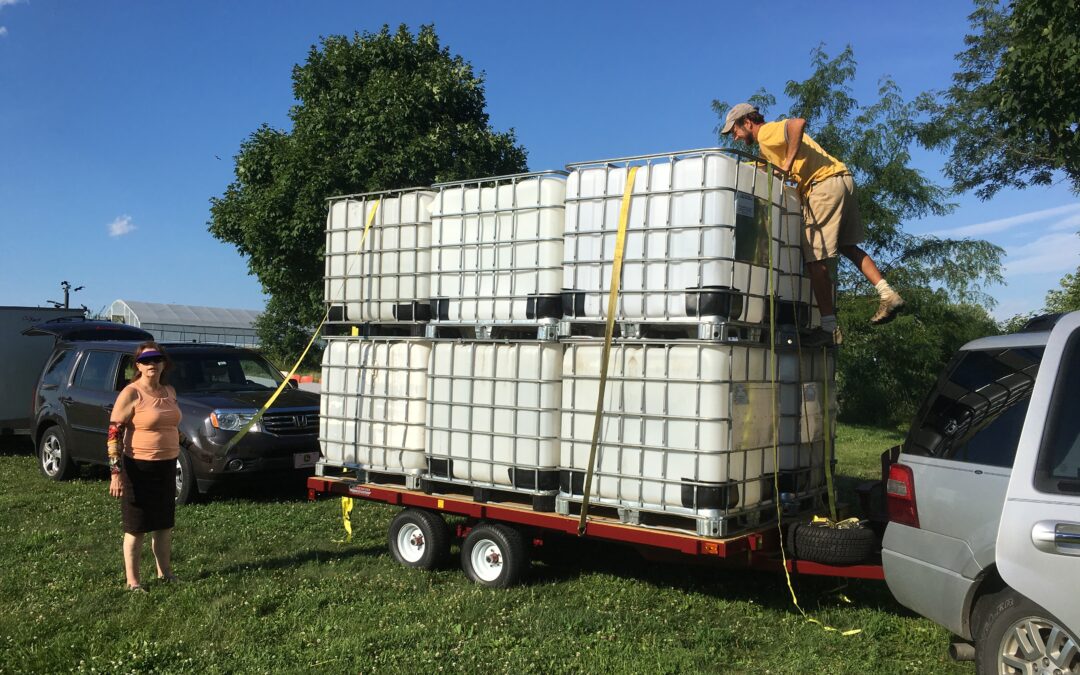
Make and Take at Dickinson College Farm Biogas Conference
November,...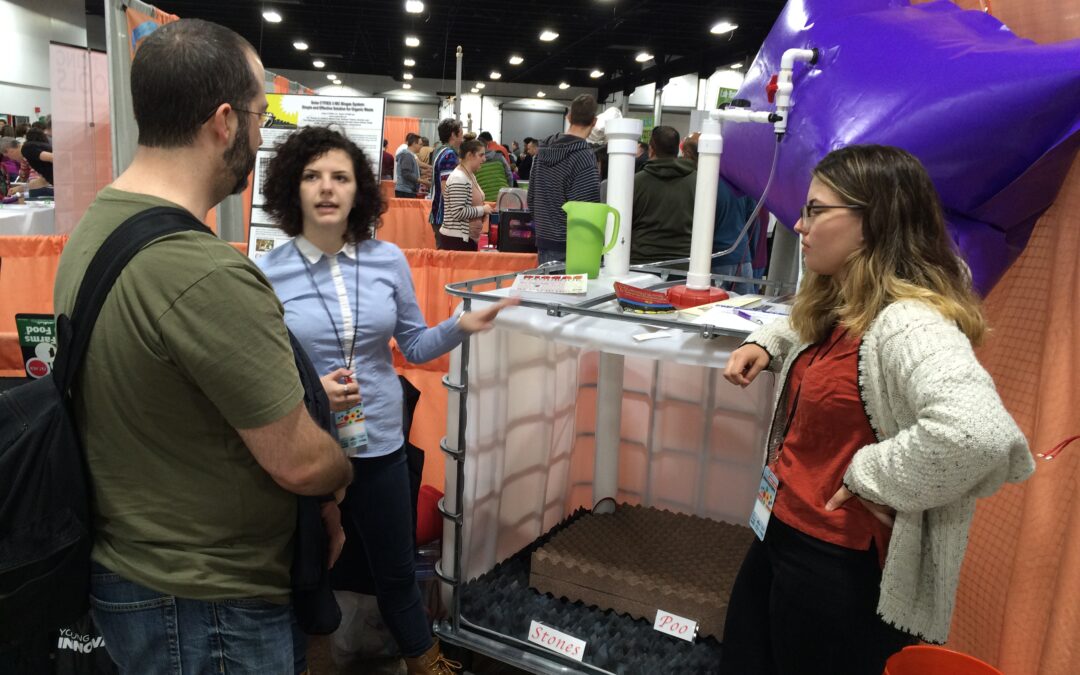
Supporting Westtown School Tiny House and Biogas Club at Young Innovators Fair, Oaks, PA
November,...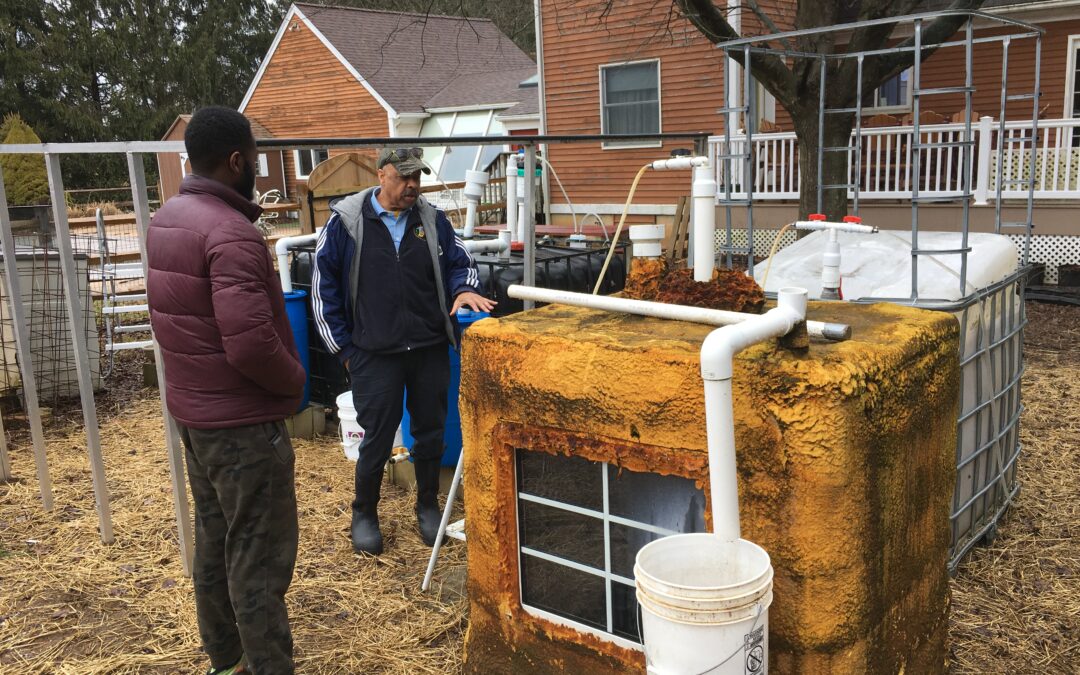
Chester County Commissioner Terence Farrell Visits Solar CITIES and Adragone Aeroponics
February, 2020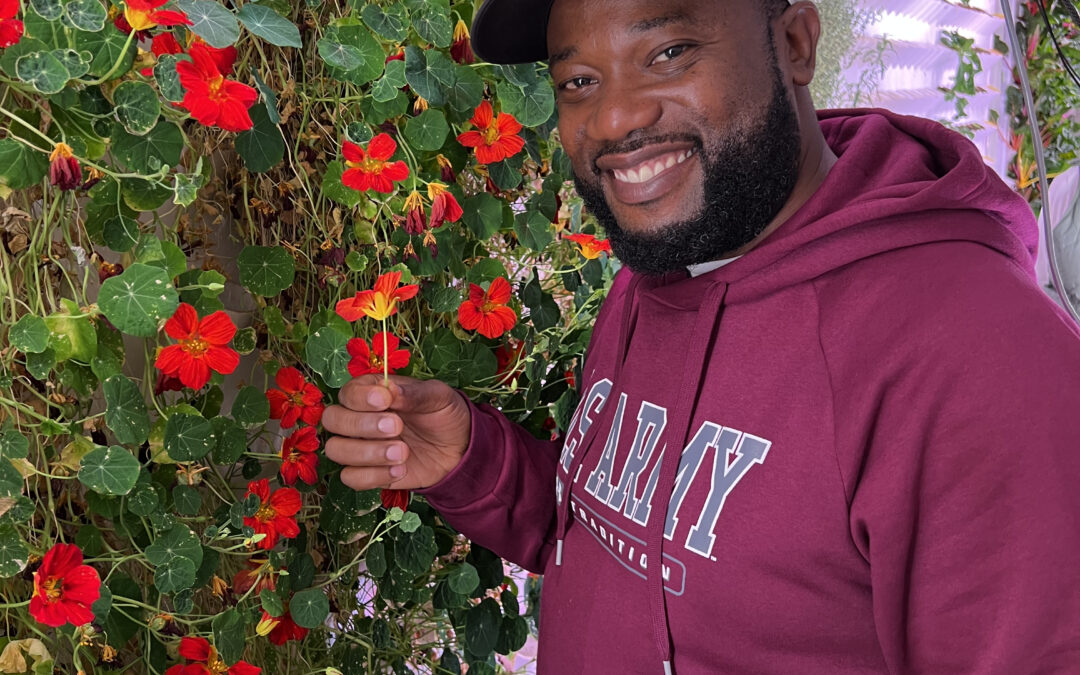
Fomundam CEO Greenhouse Ventures Cameroon Visits Solar CITIES and Adragone Aeroponics
February,...